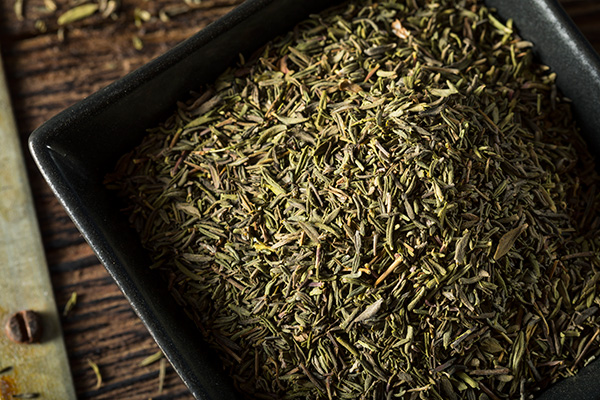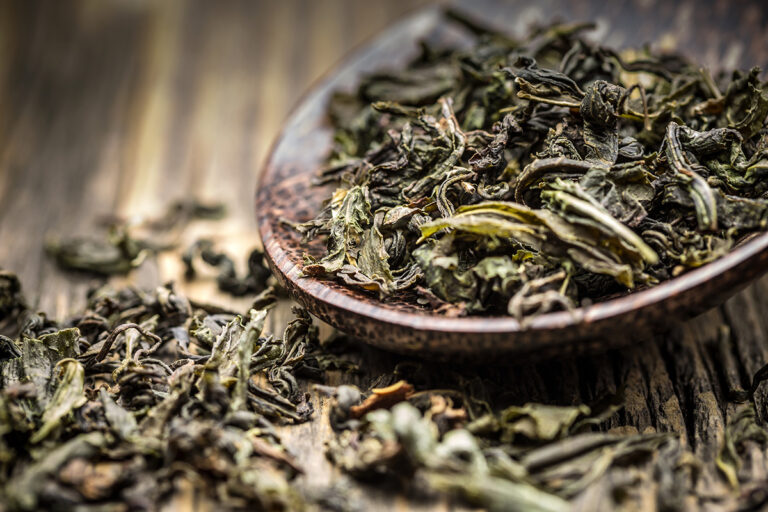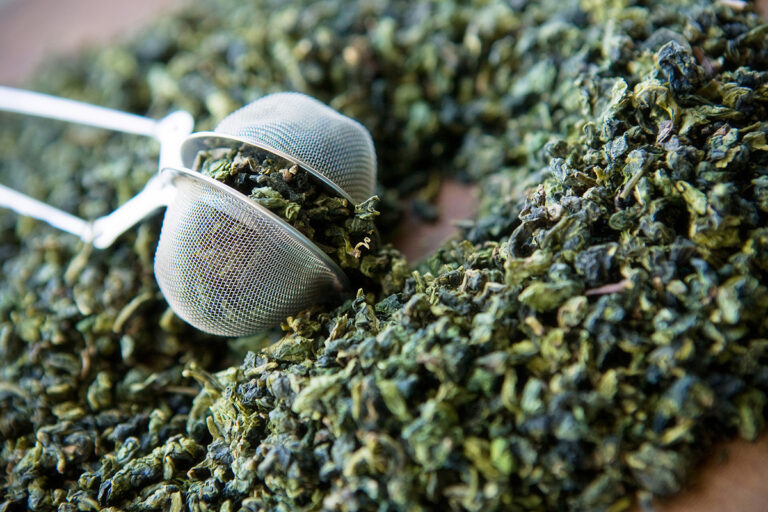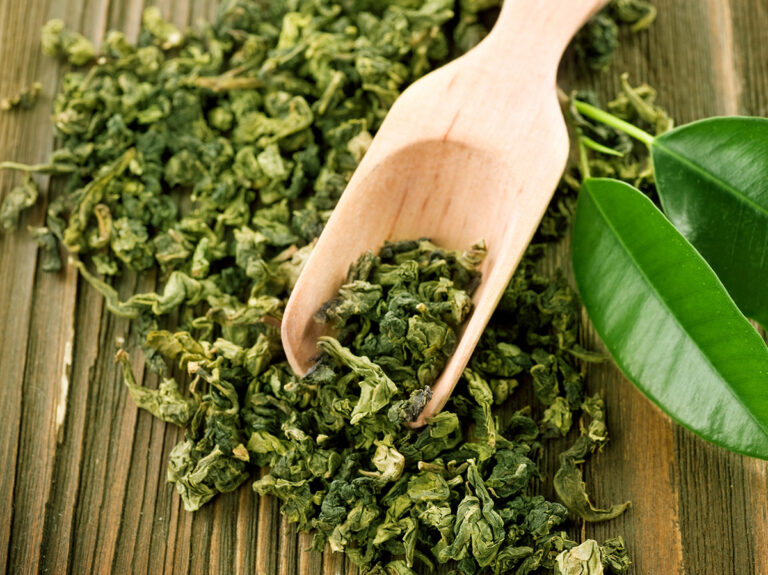Should You Drink Green Tea on an Empty Stomach?
Green tea, a popular beverage worldwide, is known for its numerous health benefits. It’s packed with antioxidants, particularly catechins and polyphenols, which have been linked to improving heart health, reducing the risk of certain cancers, aiding in weight loss, and boosting the immune system.
But should you drink green tea on an empty stomach? Drinking green tea on an empty stomach can provide better antioxidant absorption and metabolism benefits for some individuals. However, it may cause stomach irritation or interfere with nutrient absorption in others, so it’s essential to listen to your body and adjust your green tea consumption accordingly.

Benefits of Drinking Green Tea on an Empty Stomach
Antioxidants for Optimal Health
One of the main reasons people drink green tea is for its antioxidant content. When consumed on an empty stomach, the antioxidants are absorbed more effectively by the body. This can lead to better protection against oxidative stress and potential health benefits.
Metabolism Boost and Weight Loss
Drinking green tea on an empty stomach may help boost your metabolism, which can aid in weight loss. The catechins in green tea are known to increase fat oxidation and thermogenesis, helping the body burn calories more efficiently. This effect could be more pronounced when green tea is consumed before a meal.
Side Effects of Drink Green Tea on an Empty Stomach
Potential Stomach Irritation
Although green tea has many health benefits, it can also cause stomach irritation when consumed on an empty stomach. The high levels of tannins in green tea may lead to increased stomach acid production, which can cause discomfort, nausea, or even ulcers in some cases. If you have a sensitive stomach, it might be best to drink green tea after a meal or with a light snack.
Hindrance to Iron and Folate Absorption
Green tea can interfere with the absorption of certain nutrients, particularly non-heme iron and folate. Drinking green tea on an empty stomach may exacerbate this issue, potentially leading to anemia or other health problems in individuals with low iron or folate levels. To minimize this risk, consider drinking green tea between meals or at least one hour after consuming foods rich in iron or folate.
Tips for Drinking Green Tea Safely
Time Your Consumption
To maximize the benefits of green tea while minimizing potential drawbacks, it’s essential to time your consumption appropriately. For most people, drinking green tea 30 minutes to an hour before a meal or between meals is a good option. However, if you have a sensitive stomach, you may want to consume green tea after a meal or with a light snack.
Opt for High-Quality Green Tea
Not all green teas are created equal. Choose a high-quality, organic green tea to ensure you’re getting the most benefits without exposure to pesticides or other harmful chemicals. This will also ensure a better taste and a more enjoyable experience.
Don’t Overdo It
While green tea offers numerous health benefits, it’s important not to overdo it. Drinking excessive amounts of green tea can lead to side effects such as anxiety, insomnia, and heart palpitations due to its caffeine content. Stick to no more than 3 to 4 cups per day to minimize potential risks.
Conclusion
Whether or not you should drink green tea on an empty stomach depends on your individual needs and tolerances. Some people may experience better antioxidant absorption and metabolism benefits by consuming green tea before a meal, while others may need to drink it after a meal to avoid stomach irritation or nutrient absorption issues.
Ultimately, it’s essential to listen to your body and adjust your green tea consumption accordingly. If you experience any adverse effects, consider changing the timing of your green tea intake or reducing the amount you consume.
FAQ
Can I Mix Green Tea With Coffee to Drink in the Morning?
Yes, you can mix green tea with coffee to drink in the morning. Both beverages contain caffeine and may provide a combined energy boost. However, keep in mind that this will increase your caffeine intake, which could potentially lead to side effects like jitteriness or sleep disturbances if consumed in excess. Always listen to your body and adjust your intake accordingly.





